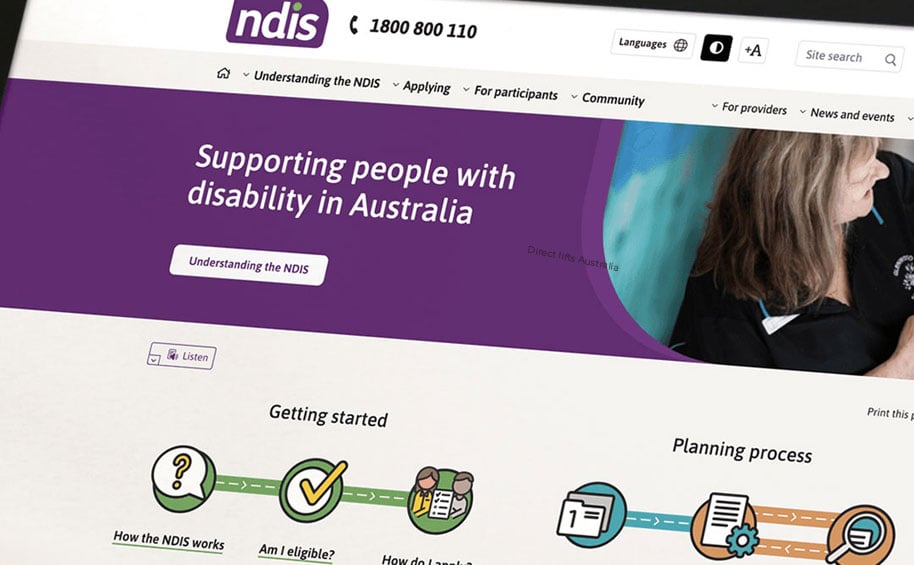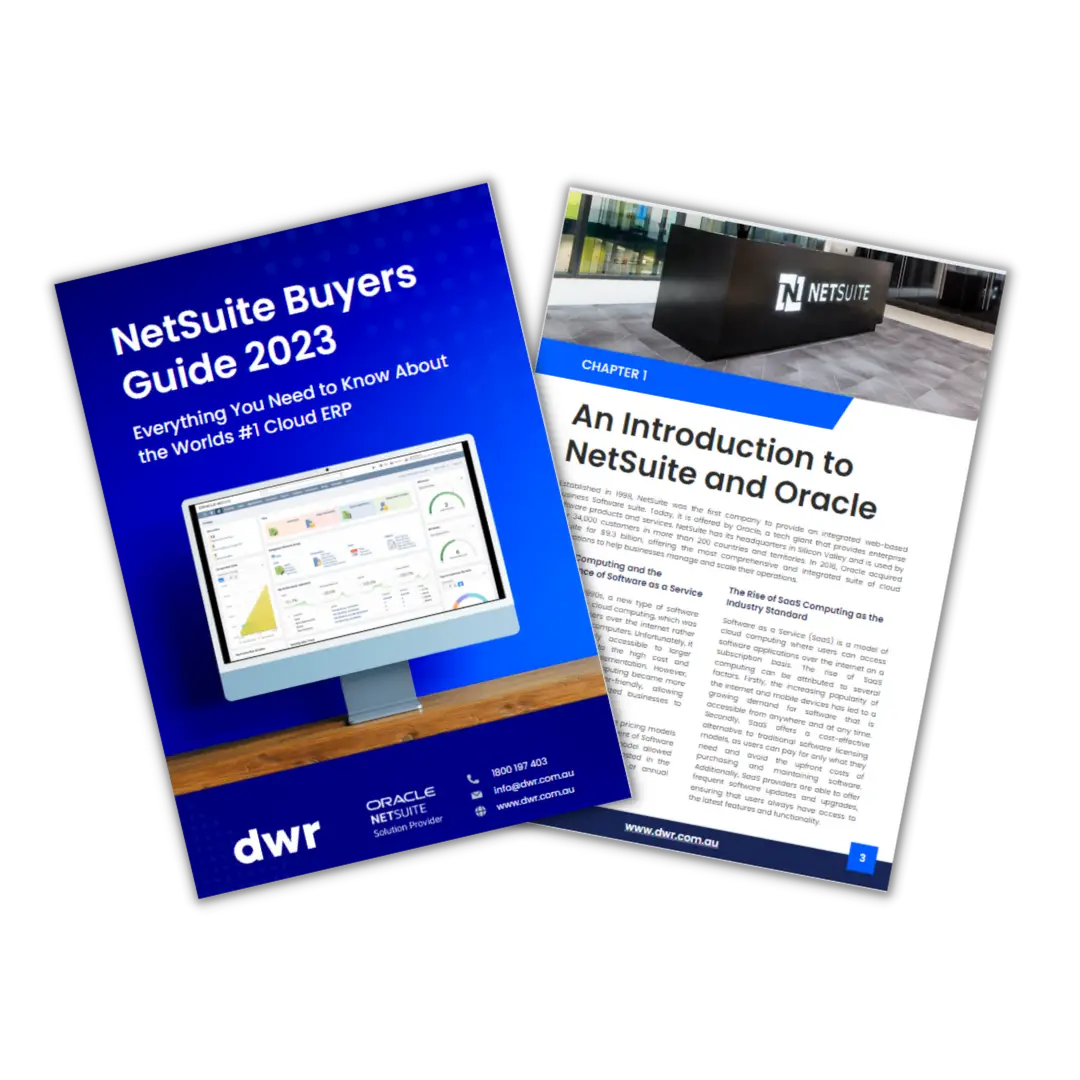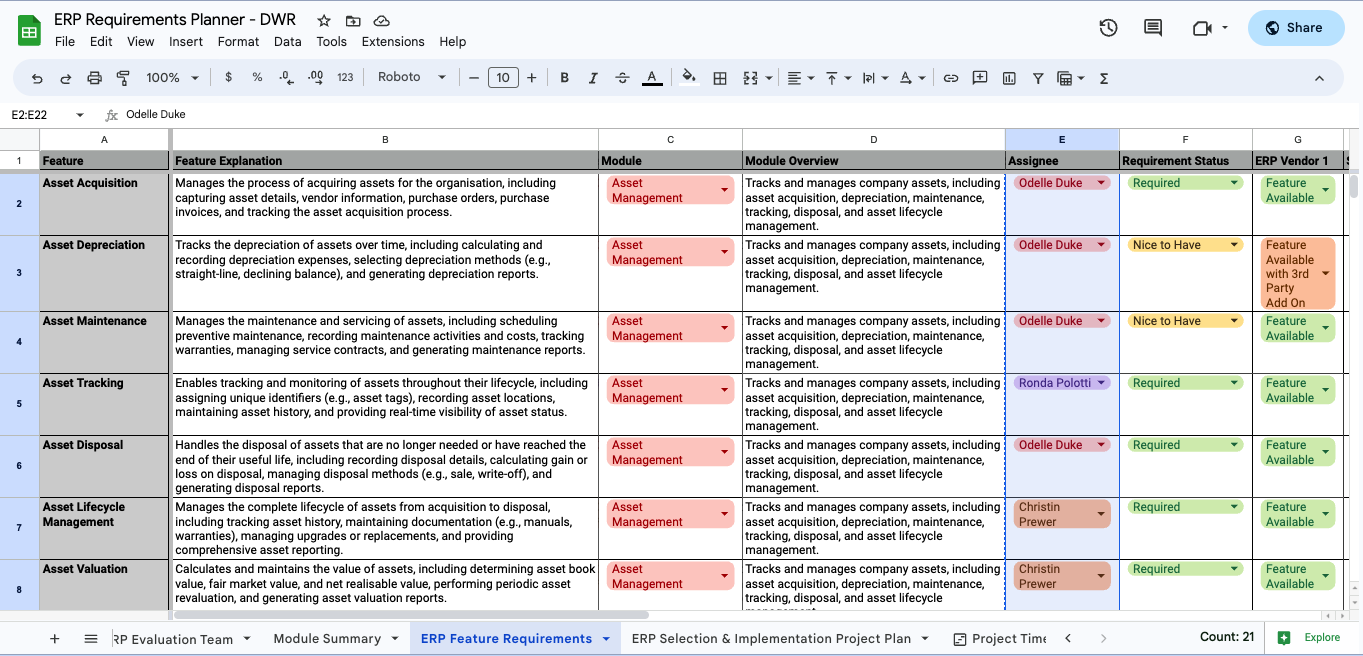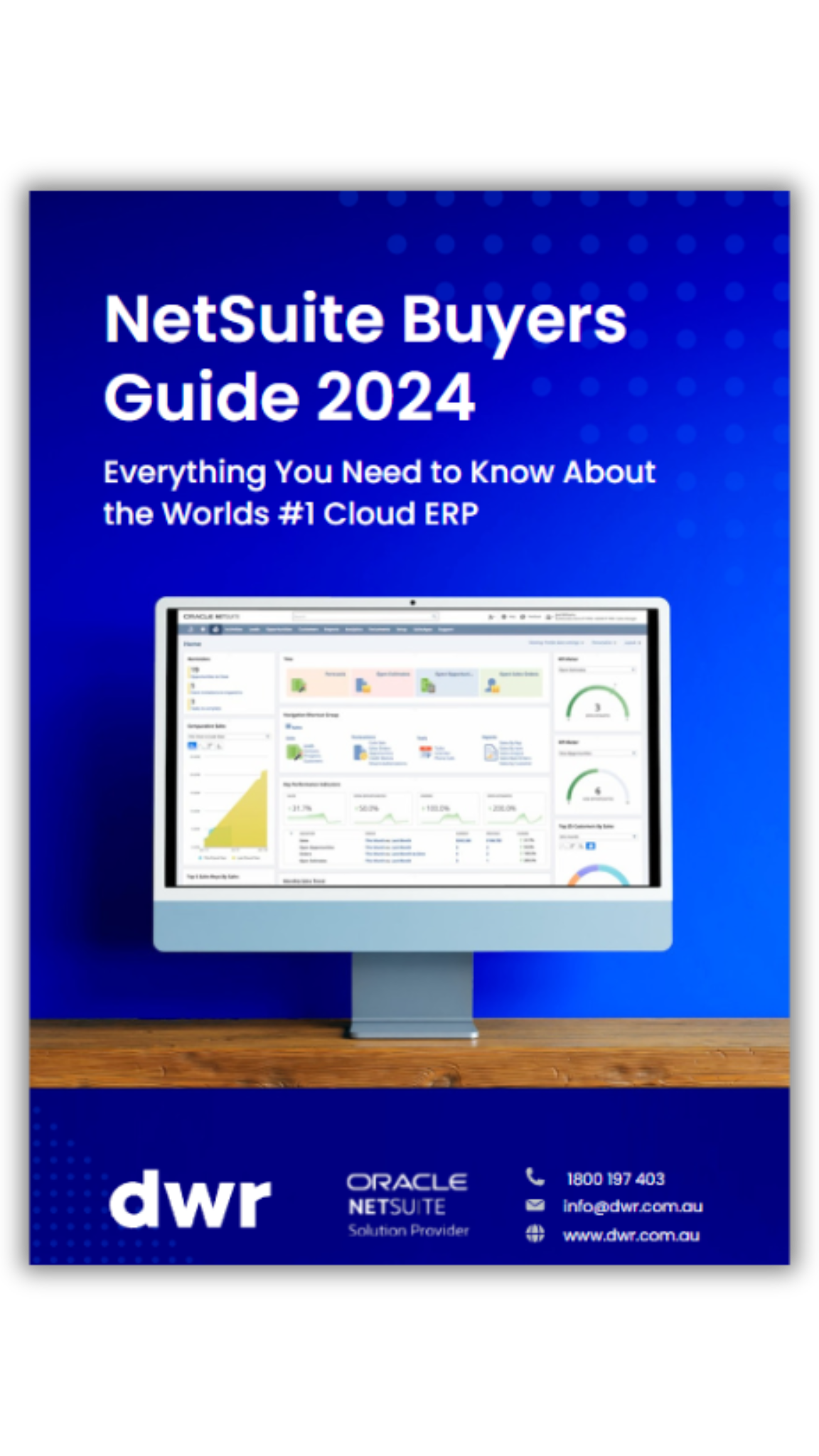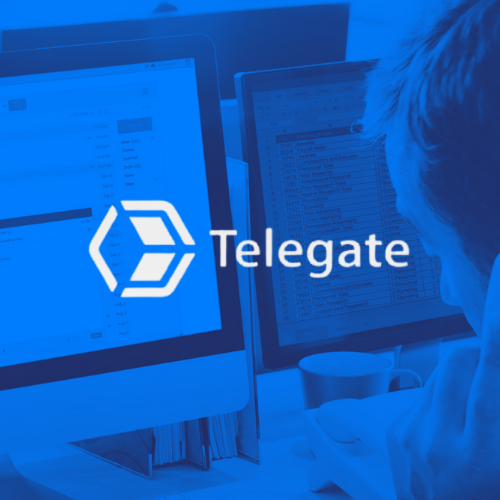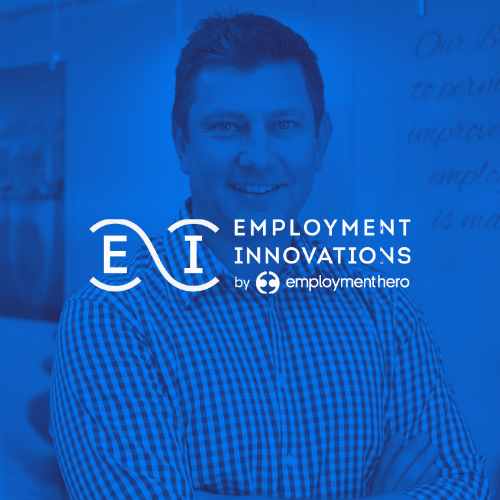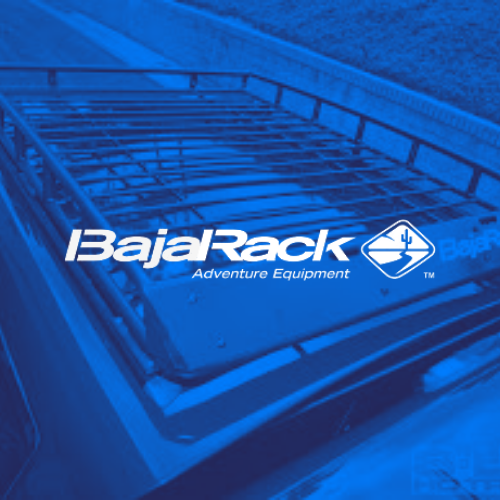In today's rapidly evolving business landscape, the choice of Enterprise Resource Planning (ERP) systems can significantly impact an organisation's efficiency and success. As businesses strive to streamline operations and enhance productivity, understanding the differences between True Cloud ERP, Self-Hosted Cloud ERP, and On-Premise ERP becomes crucial. Each of these ERP solutions offers unique benefits and challenges, and selecting the right one depends on various factors, including business size, industry, and specific operational needs.
ERP systems are designed to integrate and manage core business processes, providing a unified platform for finance, human resources, supply chain, and more. However, the deployment model of an ERP system can influence its functionality, scalability, and cost-effectiveness. In this blog post, we will explore the key differences between True Cloud ERP, Self-Hosted Cloud ERP, and On-Premise ERP, helping you make an informed decision for your business.
Understanding True Cloud ERP
True Cloud ERP, also known as Software as a Service (SaaS) ERP, is a modern solution hosted entirely on the cloud. This model offers several advantages, including accessibility, scalability, and cost savings. With True Cloud ERP, businesses can access their ERP system from anywhere with an internet connection, making it ideal for remote work and global operations.
One of the primary benefits of True Cloud ERP is its scalability. As businesses grow, they can easily scale their ERP system to accommodate increased data and user demands. This flexibility is particularly advantageous for startups and small to medium-sized enterprises (SMEs) looking to expand without the burden of significant infrastructure investments.
Moreover, True Cloud ERP providers handle system maintenance, updates, and security, reducing the IT burden on businesses. This allows organisations to focus on their core operations while ensuring their ERP system remains up-to-date and secure. Additionally, the subscription-based pricing model of True Cloud ERP offers predictable costs, making it easier for businesses to manage their budgets.
Advantages of True Cloud ERP
True Cloud ERP offers several advantages that make it an attractive option for businesses of all sizes. Firstly, its accessibility allows employees to access the system from any location, facilitating remote work and collaboration. This is particularly beneficial in today's digital age, where remote work has become increasingly common.
Secondly, the scalability of True Cloud ERP ensures that businesses can easily adapt to changing demands. Whether a company experiences rapid growth or seasonal fluctuations, the system can accommodate varying levels of data and user activity without compromising performance.
Furthermore, the responsibility for system maintenance and updates lies with the ERP provider, freeing businesses from the need to allocate resources for IT management. This not only reduces operational costs but also ensures that the system remains secure and up-to-date with the latest features and enhancements.
Challenges of True Cloud ERP
Despite its numerous benefits, True Cloud ERP is not without its challenges. One of the primary concerns for businesses is data security. While reputable ERP providers implement robust security measures, some organisations may still have reservations about storing sensitive data on the cloud.
Additionally, businesses with complex customisation needs may find True Cloud ERP limiting. The standardised nature of SaaS solutions can restrict the level of customisation available, potentially requiring businesses to adapt their processes to fit the system.
Finally, the subscription-based pricing model, while predictable, may result in higher long-term costs compared to other deployment models. Businesses must carefully evaluate their budget and long-term goals to determine if True Cloud ERP aligns with their financial strategy.
Exploring Self-Hosted Cloud ERP
Self-Hosted Cloud ERP, also known as Private Cloud ERP, offers a middle ground between True Cloud ERP and On-Premise ERP. In this model, businesses host their ERP system on a private cloud infrastructure, providing greater control over data and customisation options.
One of the key advantages of Self-Hosted Cloud ERP is the ability to customise the system to meet specific business needs. Unlike True Cloud ERP, which may have limitations on customisation, Self-Hosted Cloud ERP allows businesses to tailor the system to their unique processes and requirements.
Moreover, Self-Hosted Cloud ERP offers enhanced data security compared to True Cloud ERP. By hosting the system on a private cloud, businesses can implement their own security measures and protocols, ensuring that sensitive data is protected according to their standards.
Advantages of Self-Hosted Cloud ERP
Self-Hosted Cloud ERP provides several benefits that make it an appealing choice for businesses seeking greater control over their ERP system. Firstly, the ability to customise the system allows organisations to align the ERP with their specific processes, enhancing efficiency and productivity.
Secondly, the enhanced data security offered by a private cloud infrastructure provides peace of mind for businesses handling sensitive information. By implementing their own security measures, organisations can ensure that their data is protected according to their standards and compliance requirements.
Additionally, Self-Hosted Cloud ERP offers greater flexibility in terms of integration with other systems. Businesses can seamlessly connect their ERP with existing software and applications, creating a unified technology ecosystem that supports their operations.
Challenges of Self-Hosted Cloud ERP
While Self-Hosted Cloud ERP offers greater control and customisation, it also presents certain challenges. One of the primary drawbacks is the need for IT resources to manage and maintain the system. Unlike True Cloud ERP, where the provider handles maintenance, businesses must allocate resources for system management and updates.
Furthermore, the initial setup and implementation of Self-Hosted Cloud ERP can be complex and time-consuming. Businesses must carefully plan and execute the deployment to ensure a smooth transition and minimise disruptions to operations.
Finally, the cost of hosting and maintaining a private cloud infrastructure can be significant. Businesses must evaluate their budget and resources to determine if Self-Hosted Cloud ERP is a viable option for their organisation.
Understanding On-Premise ERP
On-Premise ERP is a traditional deployment model where the ERP system is installed and hosted on the company's own servers and infrastructure. This model offers the highest level of control and customisation, making it suitable for businesses with complex requirements and stringent security needs.
One of the primary advantages of On-Premise ERP is the ability to customise the system to meet specific business needs. Organisations have complete control over the software, allowing them to tailor it to their unique processes and requirements.
Moreover, On-Premise ERP offers enhanced data security, as businesses have full control over their data and can implement their own security measures. This is particularly important for industries with strict compliance requirements, such as healthcare and finance.
Advantages of On-Premise ERP
On-Premise ERP provides several benefits that make it an attractive option for businesses with specific needs. Firstly, the ability to customise the system allows organisations to align the ERP with their unique processes, enhancing efficiency and productivity.
Secondly, the enhanced data security offered by On-Premise ERP provides peace of mind for businesses handling sensitive information. By implementing their own security measures, organisations can ensure that their data is protected according to their standards and compliance requirements.
Additionally, On-Premise ERP offers greater control over system updates and maintenance. Businesses can schedule updates and changes according to their own timelines, minimising disruptions to operations.
Challenges of On-Premise ERP
Despite its advantages, On-Premise ERP also presents certain challenges. One of the primary drawbacks is the significant upfront investment required for hardware, software, and infrastructure. Businesses must allocate substantial resources for the initial setup and ongoing maintenance of the system.
Furthermore, On-Premise ERP requires dedicated IT resources to manage and maintain the system. This includes handling updates, security patches, and troubleshooting, which can be resource-intensive for businesses with limited IT capabilities.
Finally, the lack of scalability in On-Premise ERP can be a limitation for growing businesses. As organisations expand, they may face challenges in accommodating increased data and user demands without significant infrastructure upgrades.
Choosing the Right ERP Solution for Your Business
Selecting the right ERP solution is a critical decision that can impact a business's efficiency, productivity, and growth. When evaluating ERP options, businesses must consider their specific needs, budget, and long-term goals.
True Cloud ERP is ideal for businesses seeking a scalable, cost-effective solution with minimal IT management. Its accessibility and subscription-based pricing make it suitable for startups and SMEs looking to expand without significant infrastructure investments.
Self-Hosted Cloud ERP offers greater control and customisation, making it suitable for businesses with specific requirements and security needs. However, it requires dedicated IT resources for management and maintenance.
On-Premise ERP provides the highest level of control and customisation, making it suitable for businesses with complex requirements and stringent security needs. However, it requires a significant upfront investment and dedicated IT resources for ongoing management.
Ultimately, the choice of ERP solution depends on a business's unique needs and priorities. By carefully evaluating the advantages and challenges of each deployment model, organisations can select the ERP solution that best aligns with their goals and supports their long-term success.
In conclusion, understanding the key differences between True Cloud ERP, Self-Hosted Cloud ERP, and On-Premise ERP is essential for making an informed decision. Each deployment model offers unique benefits and challenges, and selecting the right one requires careful consideration of a business's specific needs and goals. By choosing the right ERP solution, businesses can enhance their efficiency, productivity, and competitiveness in today's dynamic business environment.
.svg)

.avif)
















